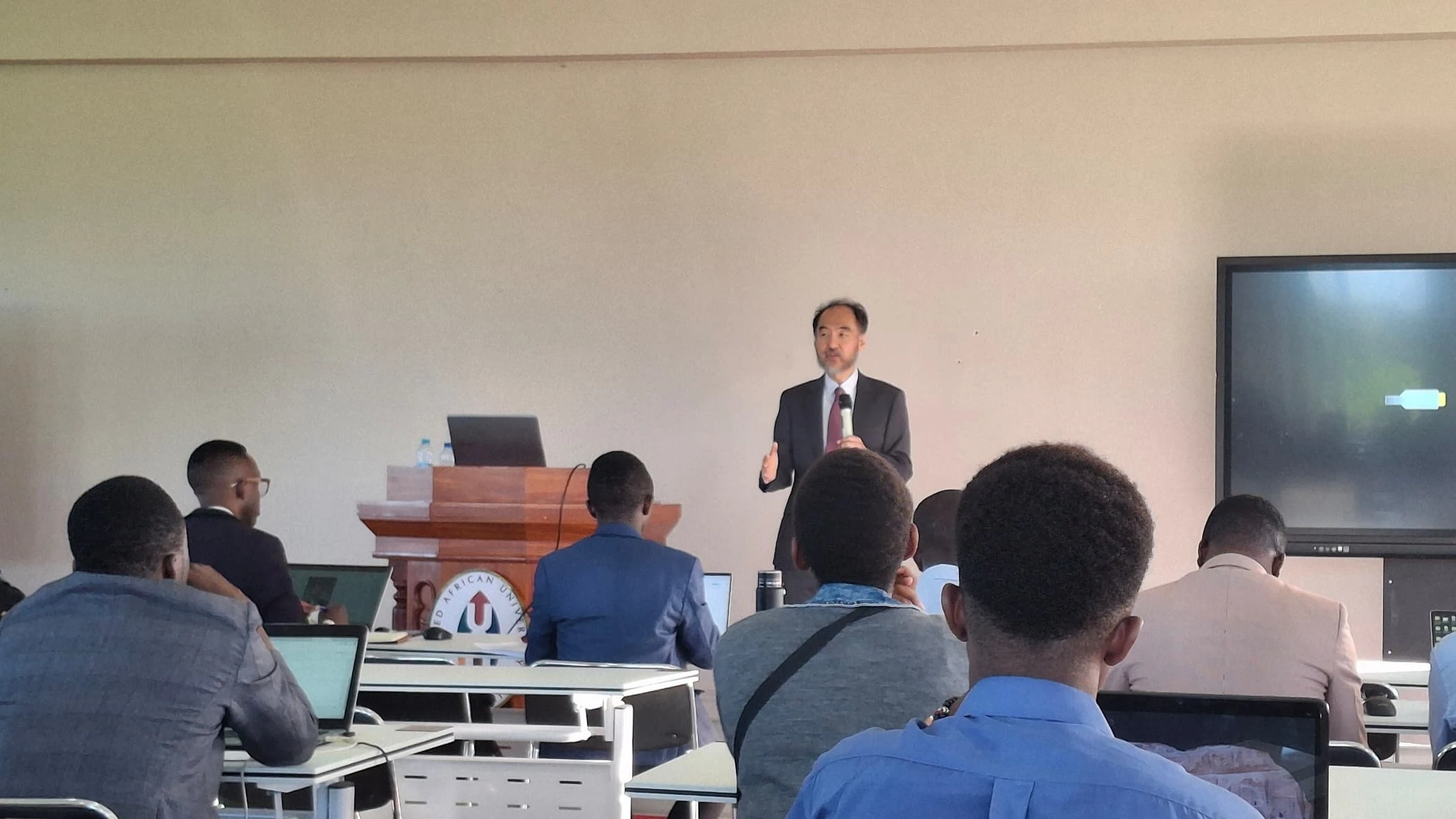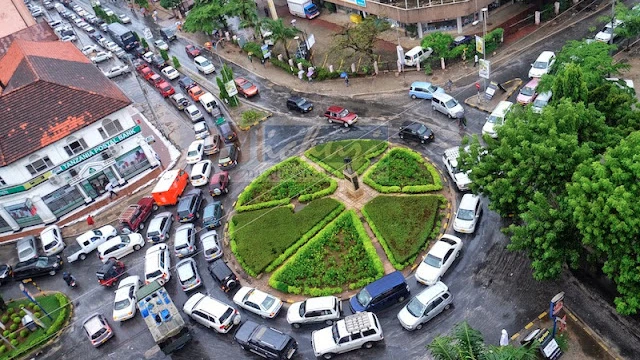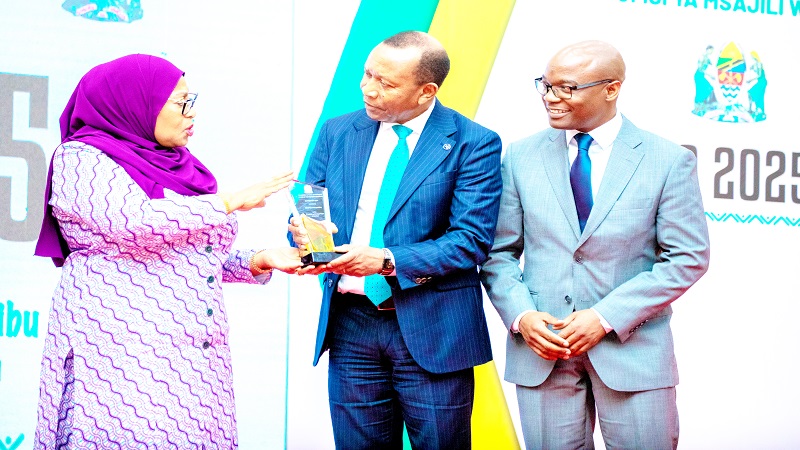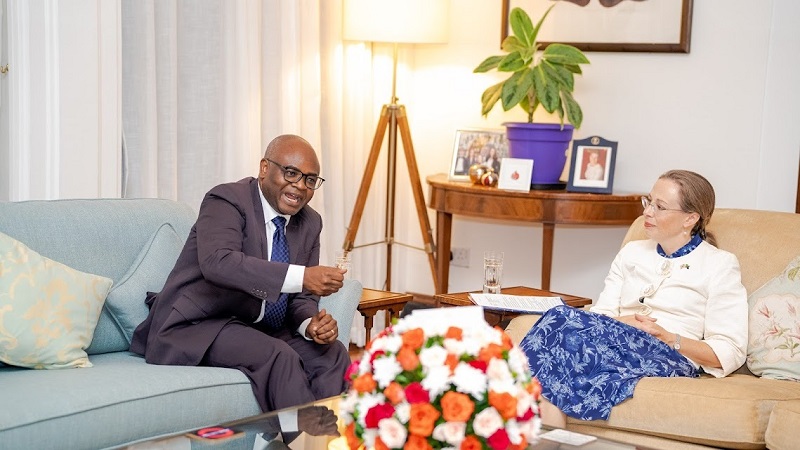Tanzania set for $227m IDA aquaculture credits
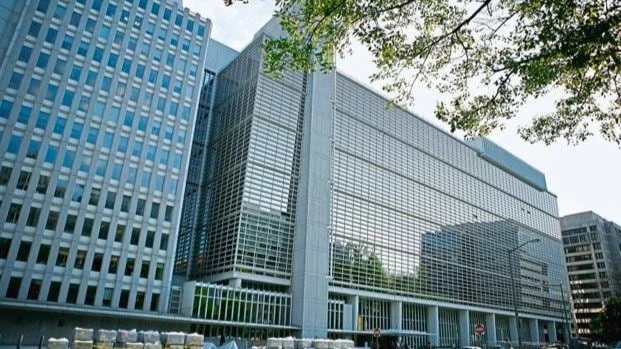
THE World Bank has approved two new projects that will support Tanzania in enhancing the sustainable management of its marine resources and in strengthening climate resilience at national and local levels.
Nathan Belete, the World Bank country director for Tanzania, Malawi, Zambia and Zimbabwe said in a statement yesterday that this new financing—amounting to $227m in grants and credits—will improve natural resource management, secure livelihoods and improve economic opportunities.
The new Tanzania scaling-up sustainable marine fisheries and aquaculture management project (TAFSAM) is intended to enhance sustainable management of marine resources and improve economic opportunities for targeted beneficiaries.
It is backed by a $112m credit from the International Development Association (IDA) and a $5m grant from the PROBLUE multi-donor trust fund, as the scaling-up locally led climate action programme (SCALE) will strengthen national and local government systems to increase climate resilience and invest in locally led climate action in selected districts.
SCALE is supported by a $100m IDA credit and a $10m grant from the social sustainability initiative for all, an umbrella multi-donor trust fund, he said.
"These two initiatives create a more holistic response to climate change—protecting both natural ecosystems and the people who depend on them,” he said. “They will leverage strategic investments and partnerships to strengthen policies, improve management practices, driving innovation in marine conservation and fisheries to create a thriving ocean economy for the prosperity of all Tanzanians," the statement declared.
Fishing and aquaculture contribute 1.8percent to Mainland gross domestic product (GDP) and 4.8percent to Zanzibar GDP, with around 430,000 people directly engaging in these sectors.
Over 4.5m rely on related jobs like processing, marketing and sales, with fish a key part of the diet, providing 30 percent of daily animal protein on the Mainland and 90 percent in Zanzibar, the lender noted.
As Tanzania’s population grows from 61.7m in the 2022 census to an estimated 77.7m by 2030, the demand for fish is expected to double. Seaweed farming, a vital marine aquaculture activity, employs 25,000 people, 80 percent of whom are women. It is also Zanzibar’s third largest export, it said.
However, the sustainability of these resources is threatened by overfishing and climate change, with these trends making the TAFSAM project both timely and relevant to the sustainability of local marine resources, it said.
SCALE will use a program for results (PforR) approach, where funding is tied to achieving specific results, and focuses on strengthening local government systems to plan, implement and monitor climate resilience efforts.
This includes setting up multi-sectoral district climate action teams, raising awareness about local climate risks and solutions while helping communities develop local climate action plans, it said.
It will similarly support communities selecting the investments they need most, offer support for strengthening institutions, capacity building and improving national data systems. Around 6.6m people—nearly 10 percent of the country’s population—are expected to benefit directly from the programme, the statement indicated.
Additionally, while SCALE is national in scope, it will support alternative livelihoods for communities living around protected areas by promoting sustainable development and conservation.
Beneficiaries will select community-based and demand-driven activities, such as ecotourism, agroforestry, beekeeping, handicraft making while establishing community conservation banks, it said.
The banks will lend for fodder production, reforestation activities, setting up water-efficient irrigation systems and alternative energy sources, it elaborated.
Tanzania has experienced more than 60 natural disasters over the past two decades, including floods and droughts causing losses estimated at $170m each year on average.
Recent events, including three cyclones and El Niño rains, have led to deaths of 155 people, affected the lives of over 200,000 people and resulted in $368m in damages, it stated.
In Dar es Salaam alone, flooding in 2018 cost an estimated $100m, or about two percent of GDP. With drought affecting an estimated 4.8m people annually, adaptation measures are needed to reduce future climate-related economic losses, it specified.
The World Bank’s International Development Association (IDA), established in 1960 benefits the world’s poorest countries by providing grants and low to zero-interest loans for projects and programs that boost economic growth, reduce poverty, and improve poor people’s lives.
IDA is one of the largest sources of assistance for the world’s 74 poorest countries, 39 of which are in Africa. Resources from IDA bring positive change to the 1.3bn people who live in IDA target countries.
Since 1960, IDA has provided $496bn to 114 countries, with annual commitments increasing steadily and averaging about $34.7bn at the start of this decade, with about 70 percent going to Africa, it added.
Top Headlines
© 2025 IPPMEDIA.COM. ALL RIGHTS RESERVED








